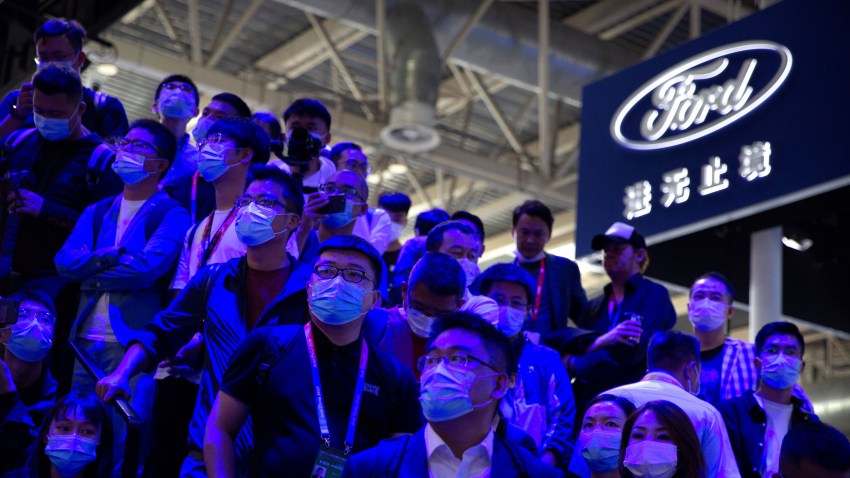Attempts to decouple science and technology cooperation between the United States and China have intensified over the past five years, occurring across three major sectors that have long been successful areas of innovation, efficiency and improvements to human capital: education, government and industry. While it is undeniable that collaboration in these fields has benefited China more than the U.S., due to how far behind China comparatively was in the late 1970s, the U.S. shouldn’t ignore the contributions that this collaboration has made to U.S. universities, society and corporations over the past four decades.
In education, universities have been targeted by the Department of Justice’s China Initiative, which sought to eliminate nontraditional espionage by closely scrutinizing collaborations in the STEM disciplines—science, technology, engineering and math—that seemed to benefit China’s growing national and military power. Although the China Initiative was scratched in 2022 after a string of mostly unsuccessful prosecutions of alleged wrongdoings, the U.S. government continues to be highly concerned about collaboration in higher education between the two countries. Some politicians at the state level are even concerned about having Chinese students on local campuses.
However, there are established ways to regulate scientific research and punish those that transgress. In contrast, a wholesale academic decoupling from China risks reducing research in critical areas, while also making it harder for Americans to study and research in China, creating a blind spot that is itself a national security risk. Moreover, accusing Chinese students of being a fifth column risks alienating the portions of Chinese society that are most likely to support and emulate the U.S. system, as many of them have sought out opportunities to study and do research in the U.S. for its values and more open academic environment.

